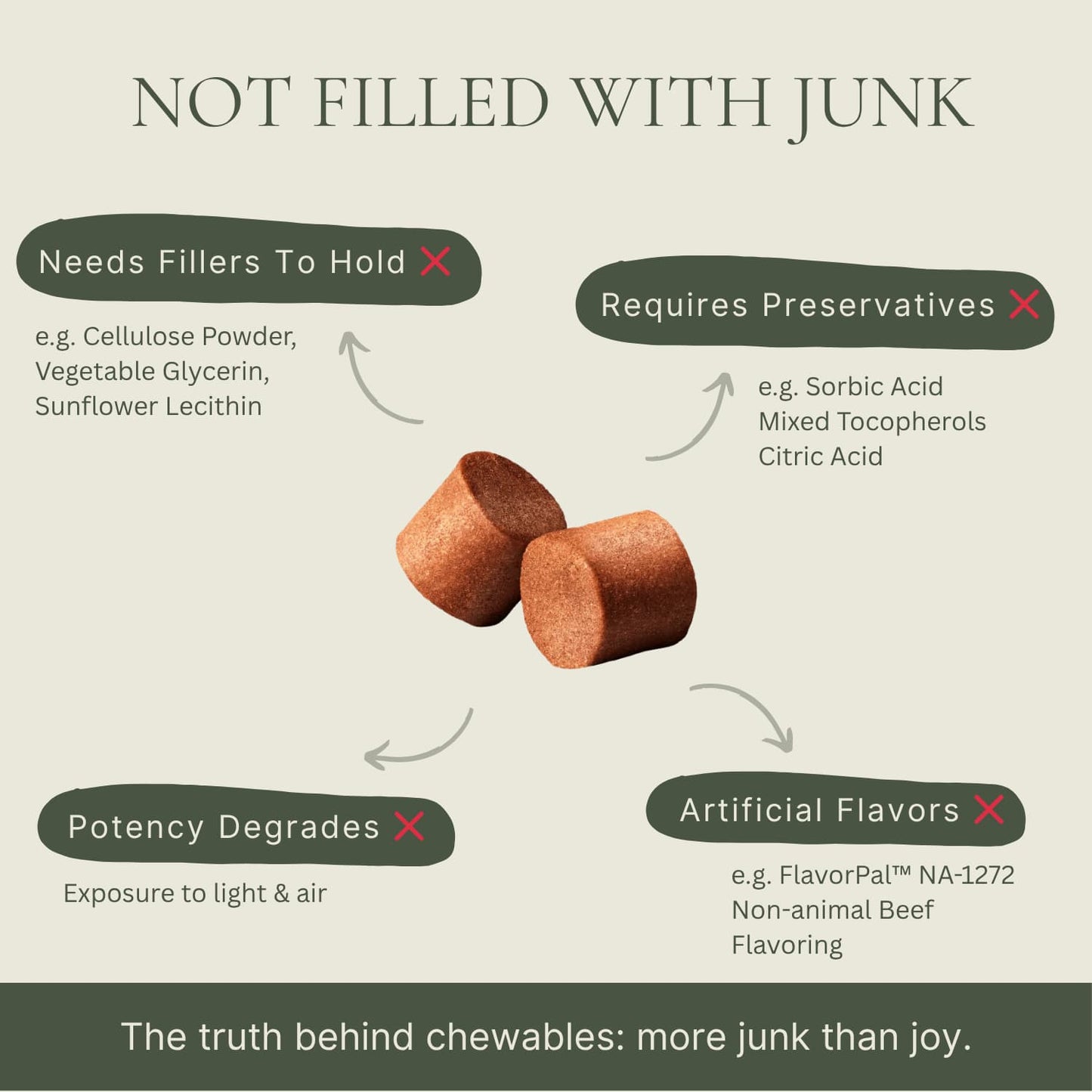There’s a reason veterinarians often ask about the whole diet before they comment on a single supplement. Dogs don’t just need “protein”; they need the right balance of essential amino acids, energy, fats, vitamins, and minerals. Research methods used to estimate amino acid needs in adult dogs underscore that requirements can be specific and measurable, not just a vague “more is better” idea (Mansilla WD, 2020).
So, if you add whey, the practical check is whether it improves the overall pattern—body condition, lean mass, appetite—without displacing complete nutrition. If your dog is already thriving on a complete food, whey may be unnecessary. If your dog is not thriving, whey might help, but it’s rarely the only lever worth pulling.







































